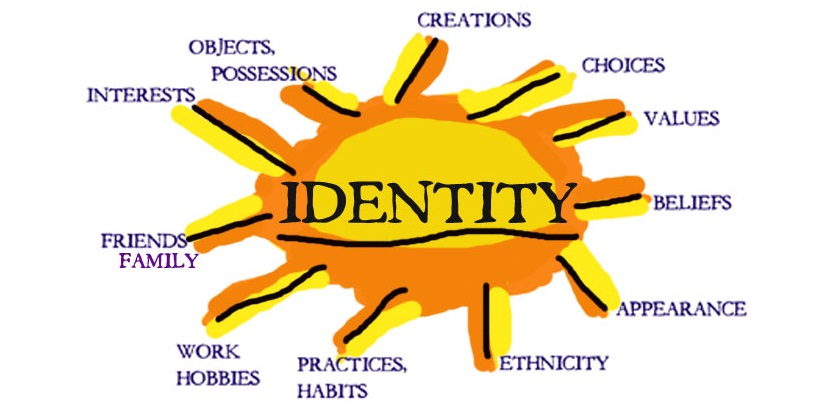What is a Person Identity and How to Protect it?
What is my identity and how to protect my identity online and offline?
How much you know about a person identity? Did you ever ask yourself the question, what is my identity? Did you ever attempt to protect your personal identity? This article helps you know your identity and the ways to protect it.
Your Online and Offline Identity
As more time is spent online, your identity, both online and offline, can affect your life. Your offline identity is the person who your friends and family interact with on a daily basis at home, at school or work. They know your personal information, such as your name, age, or where you live. Your online identity is who you are in cyberspace. Your online identity is how you present yourself to others online. This online identity should only reveal a limited amount of information about you.
You should take care when choosing a username or alias for your online identity. The username should not include any personal information. It should be something appropriate and respectful. This username should not lead strangers to think you are an easy target for cybercrimes or unwanted attention.

What is my identity? And What is my Data?
Any information about you can be considered to be your data. This personal information can uniquely identify you as an individual. This data includes the pictures and messages that you exchange with your family and friends online. Other information, such as name, social security number, date and place of birth, or mother‘s maiden name, is known by you and used to identify you. Information such as medical, educational, financial, and employment information, can also be used to identify you online.
Medical Records – Person Identity
Every time you go to the doctor’s office, more information is added to your electronic health records (EHRs). The prescription from your family doctor becomes part of your EHR. Your EHR includes your physical health, mental health, and other personal information that may not be medically-related. For example, if you had counselling as a child when there were major changes in the family, this will be somewhere in your medical records. Besides your medical history and personal information, the EHR may also include information about your family.
Medical devices, such as fitness bands, use the cloud platform to enable wireless transfer, storage and display of clinical data like heart rates, blood pressures and blood sugars. These devices can generate an enormous amount of clinical data that could become part of your medical records.
Education Records
As you progress through your education, information about your grades and test scores, your attendance, courses taken, awards and degrees rewarded, and any disciplinary reports may be on your education record. This record may also include contact information, health and immunization records, and special education records including individualized education programs (IEPs).
Employment and Financial Records
Your financial record may include information about your income and expenditures. Tax records could include paycheck stubs, credit card statements, your credit rating and other banking information. Your employment information can include your past employment and your performance.
